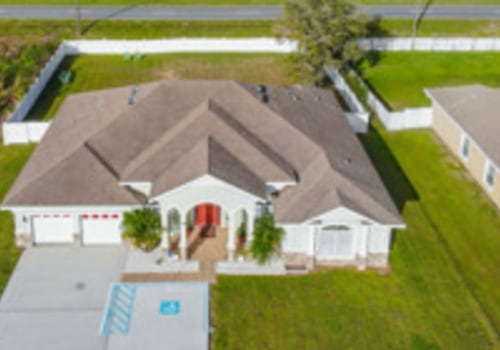Contrary to popular belief, Medicare does not pay for assisted living. Sarah Ordover, an expert in housing for the elderly, explains the six ways families can pay. In general, Medicaid pays for room and board only when they are offered in an institution that provides specialized care (such as a nursing home) and generally does not cover assisted living facilities. Certified in dementia care, Sarah is a trained aging specialist who holds an assisted living manager license from the RCFE.
Older communities do not provide the highest level of care than an assisted living facility, since they are aimed at more independent older people, but they are likely to have a lower monthly cost than an assisted living facility. Assisted Living Directory works with a knowledgeable and talented group of senior care counselors who can help you understand what care options you can (or cannot) afford depending on your budget, insurance, or financial resources or limitations. It provides financial assistance to elderly or disabled people to help them continue living in their homes. However, in California, to help with the costs of assisted living centers, the state has created a Medi-Cal program called Assisted Living Waiver (ALW) that pays for ALFs in some counties.
Current information on enrollment and the waiting list for the assisted living waiver can be found on the enrollment panel, which is updated monthly. Figuring out how to pay for assisted living and other long-term care options can be confusing and stressful. It also explores the payment options and financial assistance programs available to help care for the elderly, whether in residential care or for the elderly in the home. Long-term care, such as nursing homes, assisted living facilities, and home care, is expensive, and private health insurance policies generally do not cover those services.
Research has shown that nearly 40 percent of people underestimate their future costs of assisted living or home care, and many mistakenly believe that Medicare will cover the costs. Most beneficiaries of assistance services for people with disabilities still have to pay most of their income to the assisted living facility to pay for room and board expenses. We recommend that if you want information about Medicare and what it may or may not cover in relation to assisted living and long-term care, visit the Medicare Part A and Part B pages in the U. S.
Assisted Living Centers (ALFs) offer a wide range of support services such as cleaning service, medication administration, meal preparation and help with dressing and bathing but they do not provide specialized nursing care. We have also seen the frustration experienced by assisted living facilities when they have difficulty accepting new residents who cannot cover the costs of assisted living or who have incorrectly assumed that their insurance will cover part or all of the costs. When it comes to paying for assisted living facilities near your home, it is important to understand all your options. Private pay is one way to cover these costs. Private pay means paying out-of-pocket without using any type of insurance or government assistance program.
This could include using savings accounts or investments such as stocks or bonds. It is important to research all your options before making a decision about how you will pay for your assisted living facility. It is also important to understand what types of services are covered by private pay payments. Generally speaking, private pay payments will cover room and board expenses as well as any additional services such as medication management or transportation services. However, it is important to check with your specific facility to make sure that all services you need are covered by private pay payments. Finally, it is important to understand any restrictions that may be associated with private pay payments.
Some facilities may require a minimum amount of money up front before they will accept private pay payments. Additionally, some facilities may require that you sign a contract agreeing to make regular payments over a certain period of time. Understanding how to pay for an assisted living facility near your home can be confusing and overwhelming. However, by researching all your options and understanding what services are covered by private pay payments you can make an informed decision about how best to cover these costs.








